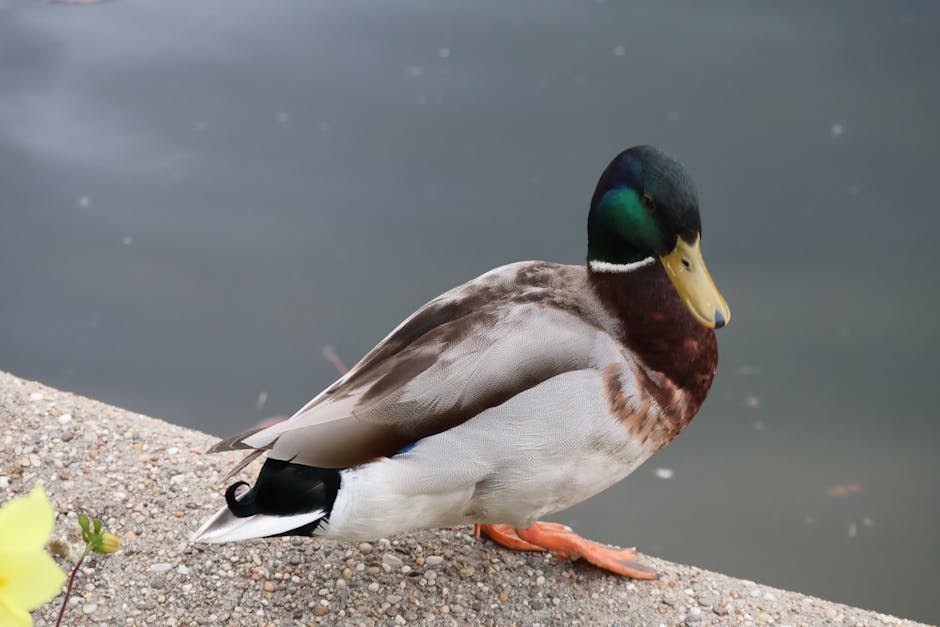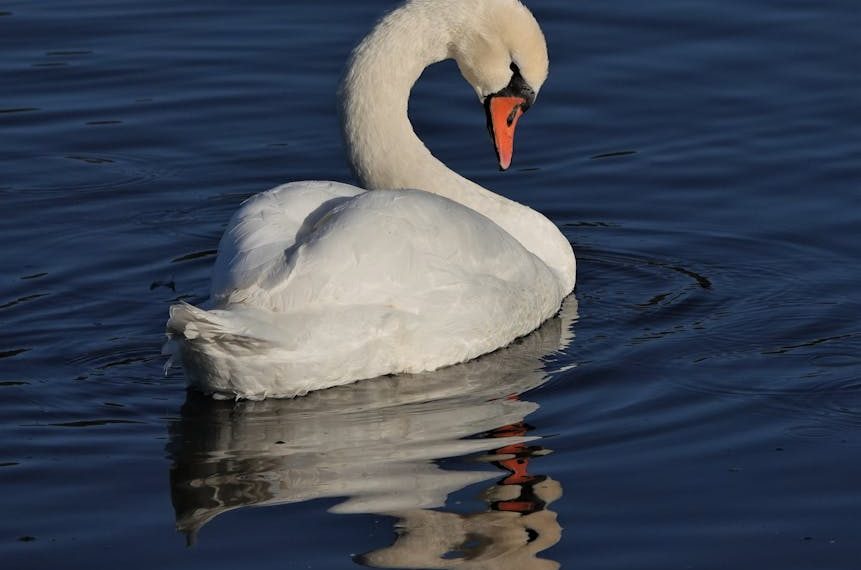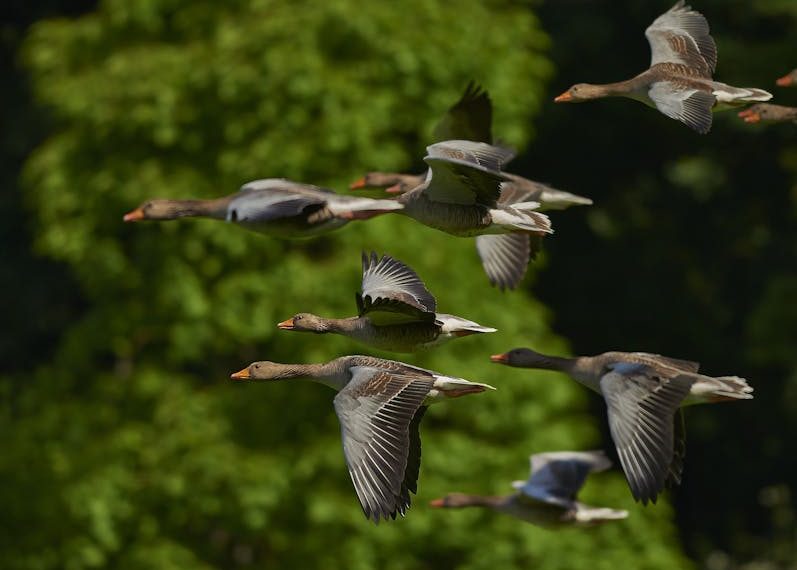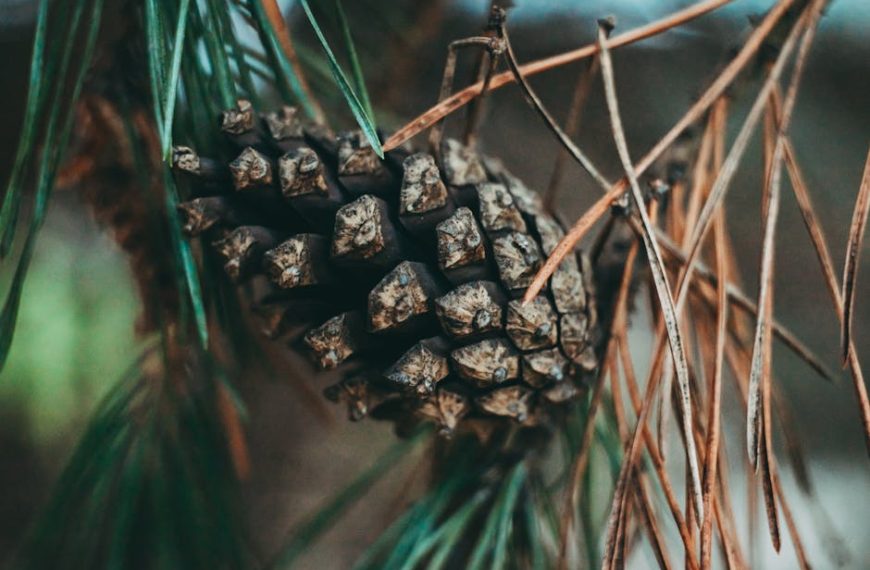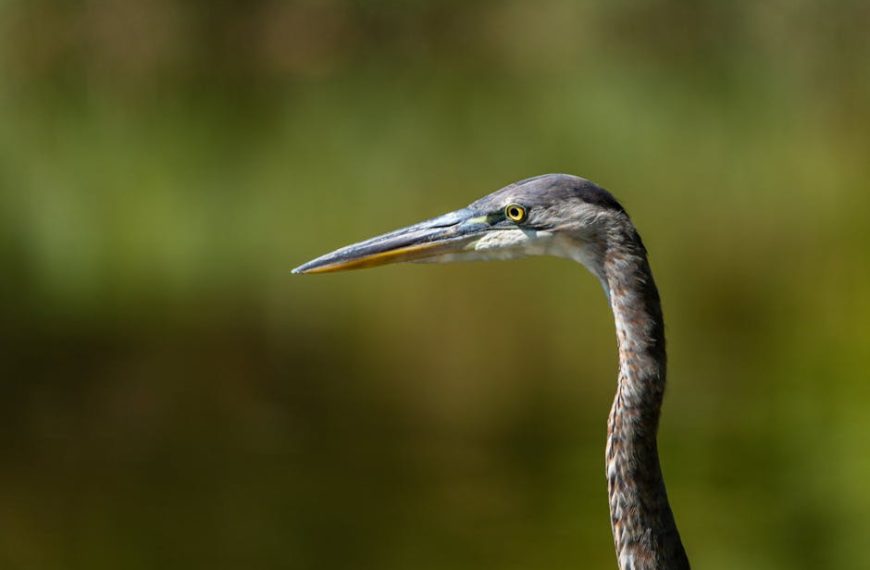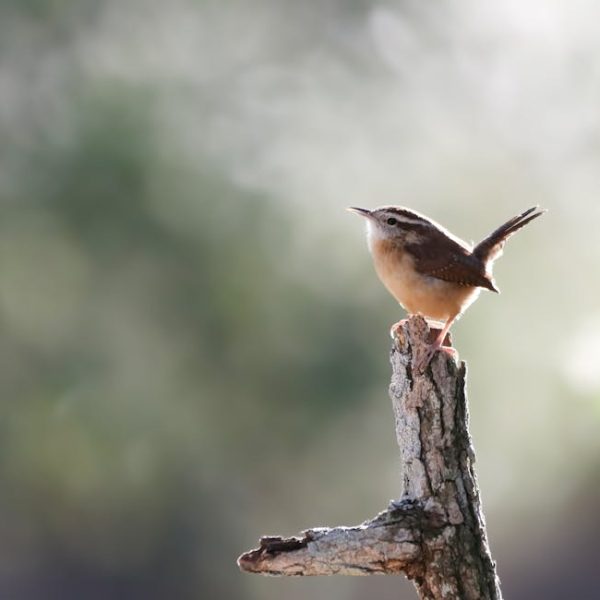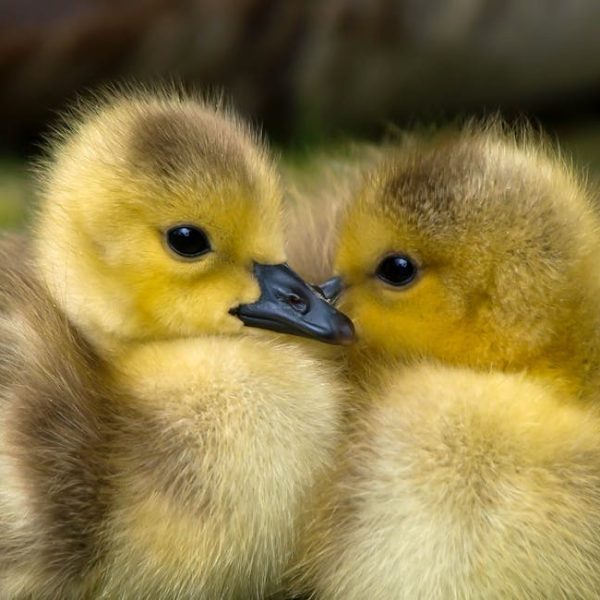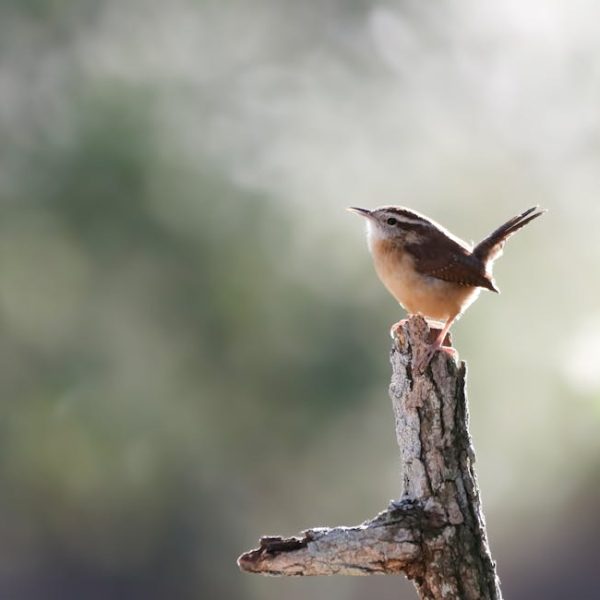Isn’t it a soothing experience to listen to birds chirping? However, when one chirping bird turns into a symphony of noise, it swiftly becomes a source of annoyance, particularly if they’re disrupting your sleep or quiet time. Fear not, there are several methods to stop birds from producing constant chatter. This guide will explore why birds chirp, when they are most likely to do so, and a range of effective tactics that can deter persistent chirping without causing harm to these feathered creatures.
Understanding Bird Chirping: The Why and When
Birds primarily chirp to communicate with each other. This communication can range from claiming territory to attracting a mate, or even signaling danger nearby. Another common reason for chirping is the dawn chorus, which is when birds sing at the break of day. This behavior is amplified during the breeding season, where many bird species increase their song frequency dramatically.
Pro Tip: Familiarizing yourself with these behaviors can enable a better understanding of birds’ chirping patterns – an essential step in managing the noise.
Implementing Physical Deterrents to Prevent Bird Chirping
The use of physical deterrents such as mirrors, bird spikes, and scare devices is an effective way to deter birds from settling and chirping in certain areas. These deterrents work by creating an environment that’s uninviting or uncomfortable for birds, thus reducing their presence.
- List:
– Reflective surfaces (like CDs or mirror-like objects)
– Bird spikes on window sills or roof ledges
– Scare tactics such as predator decoys or wind chimes
Best Practice: Ensure these deterrents are properly positioned and regularly checked for effectiveness. Prevention is always better than cure!
Using Sound Devices to Disrupt Bird Chirping
You may also consider using sound devices such as ultrasonic bird repellers and bird distress calls. Ultrasonic devices emit high-frequency sounds that are unpleasant to birds, whereas distress calls play the sound of a bird in danger, causing them to avoid the area.
Comparison:
| Solution | Pros | Cons |
|---|---|---|
| Ultrasonic Bird Repellers | Effective, humane, and covers a larger radius | Can be affected by obstacles and weather conditions |
| Bird Distress Calls | Specific to particular bird species, less likely to disrupt other animals | Can be disturbing to humans and may not work on all bird species |
Checklist: Before choosing a sound device, consider the size of the area, the type of birds causing the nuisance, and the implications on neighboring animals and humans.
This is the first part of a comprehensive guide on how you can control unwanted bird chirping, focusing on understanding bird behavior as well as practical steps to deter noise intrusions.
Creating a Less Hospitable Environment
Sometimes the solution to uninterrupted chuckles of birds is simply making your environment less inviting. Birds are naturally attracted to areas that provide shelter, food, and water. Ergo, eliminating these resources can discourage birds from making your home their favorite chirping spot.
Consider these measures:
– Sealing off bird feeders and water sources like bird baths or ponds.
– Removing potential nesting spots. For instance, trees with large, extravagant branches.
– Minimizing your lawn’s vegetation. Birds are attracted to lawns that offer plenty of cover and feeding opportunities.
Pro Tip: Regularly cleaning your yard, and trimming the trees can make your space less inviting to birds.
Best Practice: Opt for bird deterrent plants such as the Thorny Pyracantha or fill your garden with bird-resistant flowers like Lavender, Wormwoods and Monkshood. Bird deterrent sprinklers can also be a helpful addition.
Seeking Professional Help for Persistent Bird Chirping
In some circumstances, the bird chirping may persist despite your best efforts. Perhaps the issue has become overwhelming, or your attempts to manage it have proven ineffective. This is when professional assistance can be essential. Depending on the situation, services from pest control agencies or wildlife experts may be ideal.
These professionals can offer various services ranging from consultancy on effective deterrents to removal and displacement of problematic birds.
- List:
– Local pest control agencies
– Local wildlife experts
– Local animal rescue services
Pro Tip: If the intensity and persistence of chirping disturb your daily life, don’t hesitate to seek professional help. Ensure you select a reputable service provider who adopts humane methods to control and manage bird chirping.
This brings us to the end of this comprehensive guide on controlling unwanted bird chirping. With these effective strategies, we hope you can enjoy the soothing chirps of birds without it becoming a source of annoyance. Remember, understanding the birds’ behavior is key to managing bird noise effectively and co-existing harmoniously with these chirping friends.
Key Takeaway:
- Bird chatter, while usually soothing, can turn into a source of annoyance if it becomes too frequent or disruptive.
- Physical deterrents, sound devices, and making your environment less inviting are all effective ways to manage bird chirping.
- Familiarity with bird behaviors can help in predicting and controlling their chirping patterns.
- In cases where DIY methods are ineffective, professional services such as pest control agencies or wildlife experts can be employed to control bird chirping.
As we co-exist with nature, it’s crucial to handle bird chirping issues in a way that respects the birds’ importance to our ecosystem. By understanding why they chirp and implementing non-harmful deterrents, you can enjoy peaceful mornings and quiet afternoons without disrupting these feathered friends.
FAQs
Q: What do birds chirp most about?
A: Birds primarily chirp to communicate with each other. This could be related to courtship, territory marking or signaling danger nearby.
Q: Are there specific seasons when birds chirp more than usual?
A: Yes, birds are known to chirp more during the breeding season. The early morning hours, commonly referred to as the dawn chorus, is also a peak time for bird chirping.
Q: Can I use any type of sound device to disrupt bird chirping?
A: It’s advisable to select a device that’s suitable for the size of your area and the specific bird species causing the nuisance. Consider factors like the device’s impact on other animals and humans nearby before making a decision.
Q: How can I make my environment less inviting to birds?
A: You can do this by making resources scarce – limit access to food and water, eliminate potential nesting spots, and manage your trees and vegetation well.
Q: When should I seek professional help for persistent bird chirping?
A: If the bird chirping remains disturbing despite your efforts to control it, or starts affecting your daily life, it’s advisable to seek professional help from pest control agencies or wildlife experts.
Remember, you’re not alone in this journey. Share this article with others who might find it helpful and explore more posts on our website to gain additional insights on living harmoniously with nature.
